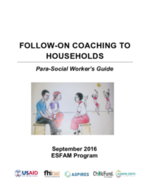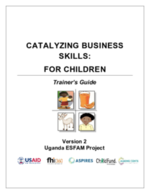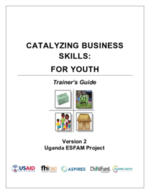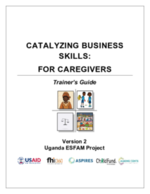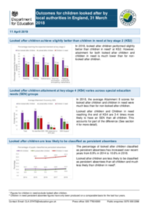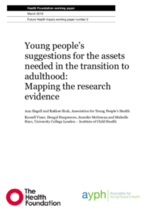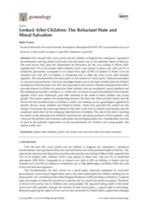Follow-On Coaching to Households: Para-Social Worker’s Guide
This Coaching Guide supports Para-Social Workers (PSWs) to provide households with targeted coaching to increase the adoption of new skills, practices, and knowledge key to child and family wellbeing.

